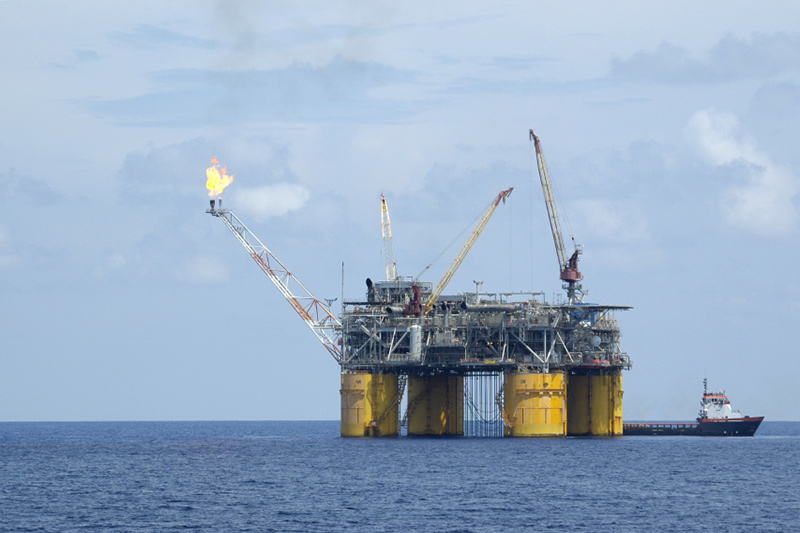Europe’s Industries Prepare for New Gas Price Shock as Winter Delays Arrive
Europe’s struggling industries are bracing for a new gas price shock over the coming winter months, as colder weather depletes stockpiles, competition with Asia for liquefied natural gas (LNG) intensifies, and the prospect of reduced Russian supplies looms.
Since the 2022 energy crisis, when gas prices peaked at nearly 350 euros per megawatt hour (MWh), dozens of firms across Europe have closed factories and cut activity and jobs as high gas prices undermined their competitiveness. Many are maintaining reduced demand and lower manufacturing activity, with negative implications for Europe’s sluggish growth.
European Union gas demand is 17% below the five-year average observed during pre-pandemic years, but gas prices are at their highest level in over a year and analysts predict they will rise further. Svein Tore Holsether, CEO of Oslo-listed Yara, a fertiliser company, warned, “The concern is that we are laying our guard down because energy prices are lower now than what we saw in 2022. It’s important to remind ourselves that we’re still at much higher levels than other key regions like the U.S., the Middle East, and Russia.”
EU-wide gas inventories are 85% full, some 10 percentage points lower than a year ago, according to Gas Infrastructure Europe data. This makes the current winter already feel uncomfortable, said Barbara Lambrecht, an analyst at Commerzbank. Cold snaps would cause storage levels to fall faster than during the last two relatively mild winters.
To try to safeguard supplies, the European Commission last week increased its storage filling target, potentially adding to the upward pressure on prices.
Dozens of factories have closed and nearly a million manufacturing jobs were lost over the last four years, according to Bernstein data. The loss of relatively cheap Russian gas following the 2022 outbreak of war in Ukraine had a “huge cost” to the economy, said former ECB chief Mario Draghi, adding that fossil fuels would be needed at least for the remainder of the decade.
Even though energy prices have fallen considerably from their peaks, EU companies still face electricity prices that are 2-3 times those in the United States and natural gas prices that are 4-5 times higher. A survey by Germany’s chambers of commerce (DIHK) in August found that high energy prices and a lack of reliable energy supplies hindered industrial production and prompted some German firms to consider relocating abroad. Yara’s CEO also told Reuters that the company was shifting its energy exposure away from Europe.
German industry lobby group, the BDI, has cited high energy prices as among the factors that threaten the competitiveness of Europe’s biggest economy. The risk of de-industrialization due to the silent migration and abandonment of many small and medium-sized enterprises in particular is constantly increasing, said BDI President Siegfried Russwurm, who also sits on the board at German industrial conglomerate Thyssenkrupp.

